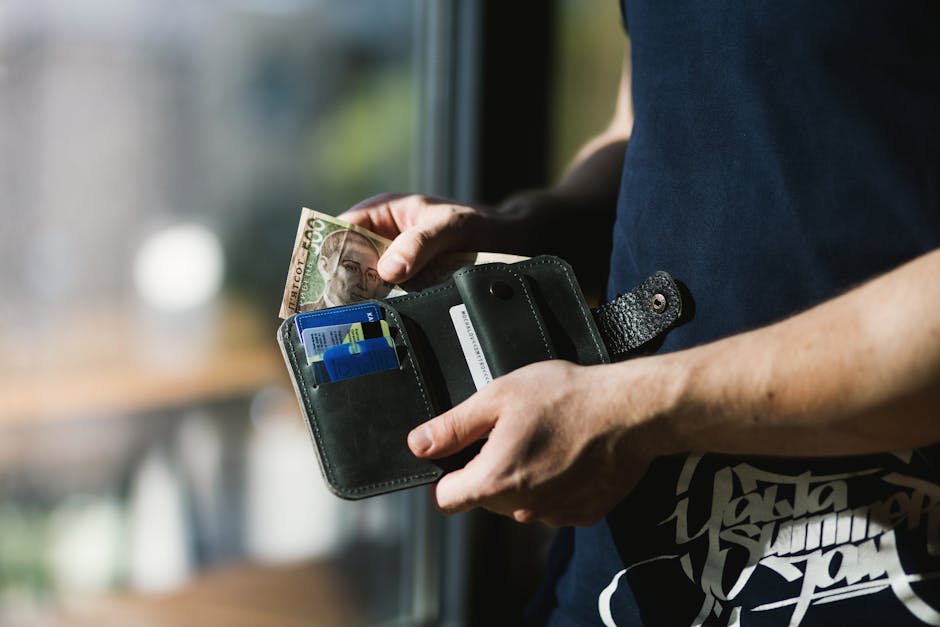When you’re looking at bankruptcy, Scotland calls it ‘Sequestration,’ you’ll find a valuable financial tool that’s available for those in certain dire straits that involve personal debt. If you’re looking for a way to discharge debt you’re unable to pay or are being forced into sequestration by creditors you’re likely in need of some information about what, precisely, sequestration entails. Before getting in touch with a financial expert to help you through the process.
How Long Does The Sequestration Process Last?
Unless you qualify for the Minimal Asset Process, a method available for those with minimal financial resources and smaller amounts of debt, the process will take approximately 12 months. During this process, you’ll want to ensure you reveal all your assets and cooperate with the courts to prevent being put under a Bankruptcy Restriction Order, which can go on indefinitely.
Once this period has passed the process can continue as your Trustee manages your assets. Once you receive notification from the courts that the Trustee has been released from their duties, then the sequestration period is officially over.

Are My House Or Other Assets At Risk During This Process?
If you are a homeowner, then the property may be entrusted to your Trustee, who will have to determine if it needs to be sold to meet your debts. One way to avoid this process is to have a family member or your partner purchase the Trustee’s interest in the home. Many factors are considered when determining what to do with the property, including the amount of equity, its overall value, and whether it is a home for children. If you’re renting your home and going through sequestration, Scotland’s laws make it possible that you may be evicted as part of the process.
All other assets will come into the Trustee’s control with the exception of tools you use in your trade, furniture, clothing, and vehicles that are valued under £3,000.
What About Items That Are On Hire Or Were Obtained Through A Catalogue?
These items remain the property of the company until their payments have been completed in full. It is possible that these assets may be repossessed as a result of your sequestration.
May I Maintain A Bank Account During Sequestration?
It is common practice for banks to prevent customers who are in bankruptcy to operate a bank account, and as part of the process it may be closed down or frozen once you begin sequestration. While not every bank follows this policy, it is possible that you can get a basic bank account rather than a standard one during the sequestration process.
Will My Wages Be Garnished? What If I Get A Windfall Or Inheritance During Sequestration?
In the event that your income is determined sufficient to contribute to the debts, you are attempting to discard the courts may order you to continue making payments on all or a portion of the debt. Inheritances, windfalls, and other sources of income that occur during the process and up to four years after may be seized to clear the debts in question.
What Happens To My Credit Rating?
As you may expect your credit rating can take a bit of a hit during this process and will remain impacted for a period of up to six years. Even after this time you can have difficulty obtaining new accounts, purchasing property, and will likely be charged a higher rate of interest on any accounts or credit you are able to obtain.
Sequestration affects many people and can be a messy process and has a long-term impact on your life and financial reality. Don’t go into it without speaking to a professional and be sure this is the right path for you. While over 2,000 citizens of Scotland undergo sequestration every year, it is not something to be entered lightly.

